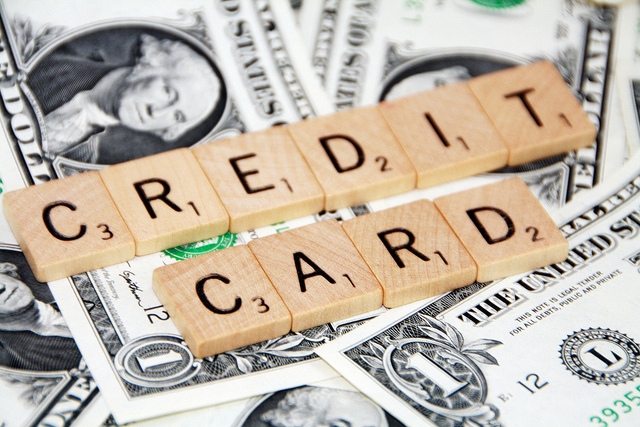Los Angeles metro area residents are the best at managing money and Baltimore residents are the worst, according to a new CreditCards.com report.
The study compared the average credit score in each of the 25 largest U.S. metropolitan areas with an expected credit score which CreditCards.com generated by analyzing local income, age, unemployment and education data. The hypothesis was that locations with higher median household incomes, median ages and educational attainment – along with a lower unemployment rate – would have higher credit scores.
It didn’t always work out that way. The average Los Angeles-area resident’s credit score is 16 points better than expected. That’s despite significant headwinds: for example, among the 25 metros, the L.A. area has the lowest percentage of high school graduates (79%) and its median household income ranks 12th. Given that context, L.A.’s average credit score (664, which ranks 16th according to Experian) looks much more impressive.
Minneapolis/St. Paul placed second for a very different reason. That metro area has the highest average credit score in the nation. The Twin Cities benefit from several economic advantages, including above-average income and education and a low unemployment rate. Area residents are making the most of those advantages; their average credit score is 15 points better than anticipated.
New York City, Chicago and Bostoncame in third, fourth and fifth, respectively.
Baltimore and its neighbor Washington, D.C. occupy the worst positions on the list.Both metro areas have very high median incomes and above-average educational attainment. However, Baltimore and D.C.-area residents aren’t maximizing these perks. Baltimore’s average credit score is 17 points poorer than expected and D.C.’s is 14 points lower.
The Tampa, Miami and Atlanta metro areas comprise the rest of the bottom five.
“Good credit has a lot more to do with discipline than income,” said Matt Schulz, CreditCards.com’s senior industry analyst. “Use technology to your advantage: review your account information at least once a week and your credit report at least once a month to catch errors and avoid late payments. It’s an easy habit to establish, especially considering how much time we spend on our phones checking Facebook and playing Pokémon Go.”

